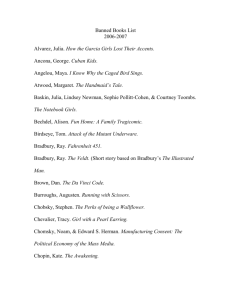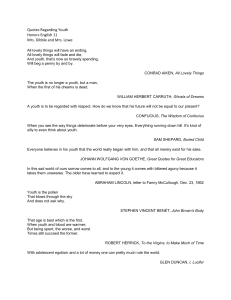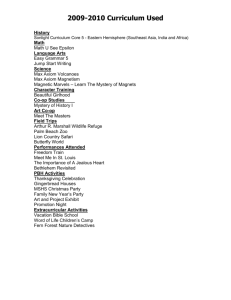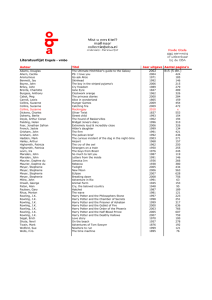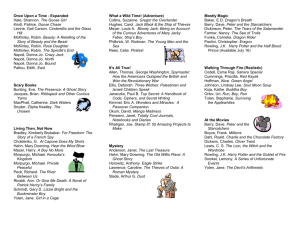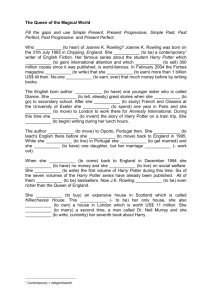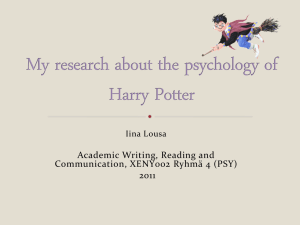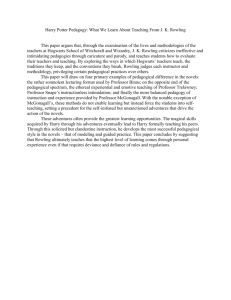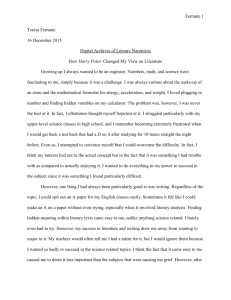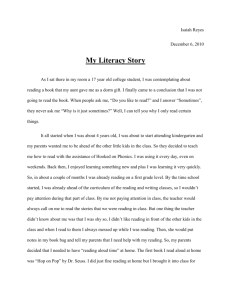lexicon arguments
advertisement
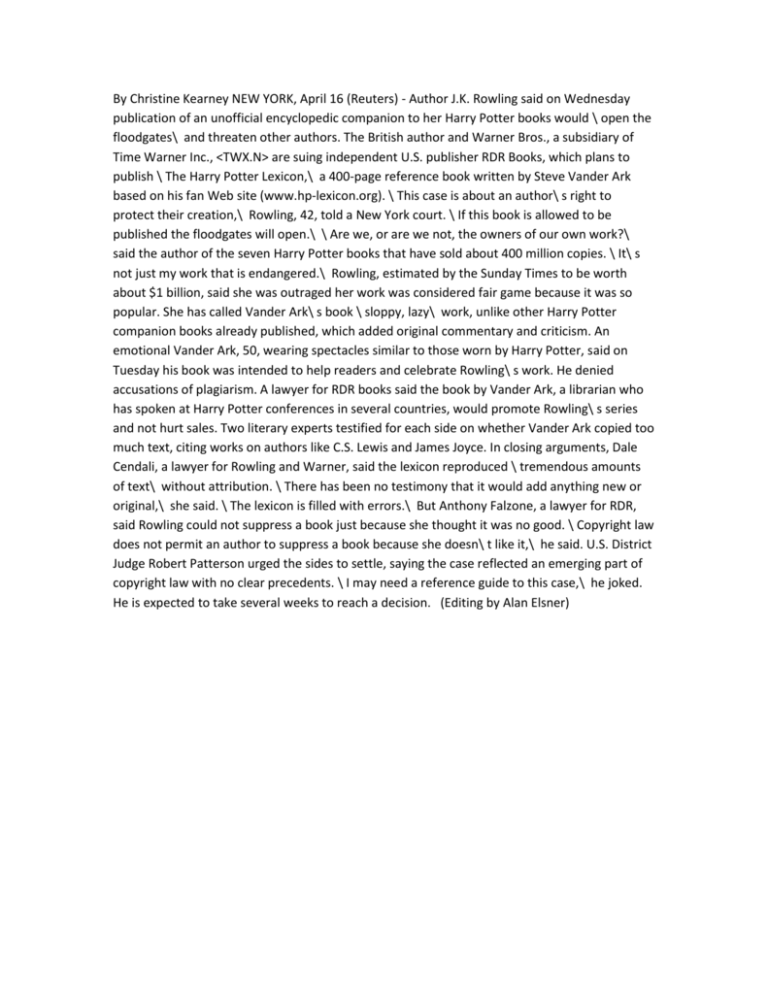
By Christine Kearney NEW YORK, April 16 (Reuters) - Author J.K. Rowling said on Wednesday publication of an unofficial encyclopedic companion to her Harry Potter books would \ open the floodgates\ and threaten other authors. The British author and Warner Bros., a subsidiary of Time Warner Inc., <TWX.N> are suing independent U.S. publisher RDR Books, which plans to publish \ The Harry Potter Lexicon,\ a 400-page reference book written by Steve Vander Ark based on his fan Web site (www.hp-lexicon.org). \ This case is about an author\ s right to protect their creation,\ Rowling, 42, told a New York court. \ If this book is allowed to be published the floodgates will open.\ \ Are we, or are we not, the owners of our own work?\ said the author of the seven Harry Potter books that have sold about 400 million copies. \ It\ s not just my work that is endangered.\ Rowling, estimated by the Sunday Times to be worth about $1 billion, said she was outraged her work was considered fair game because it was so popular. She has called Vander Ark\ s book \ sloppy, lazy\ work, unlike other Harry Potter companion books already published, which added original commentary and criticism. An emotional Vander Ark, 50, wearing spectacles similar to those worn by Harry Potter, said on Tuesday his book was intended to help readers and celebrate Rowling\ s work. He denied accusations of plagiarism. A lawyer for RDR books said the book by Vander Ark, a librarian who has spoken at Harry Potter conferences in several countries, would promote Rowling\ s series and not hurt sales. Two literary experts testified for each side on whether Vander Ark copied too much text, citing works on authors like C.S. Lewis and James Joyce. In closing arguments, Dale Cendali, a lawyer for Rowling and Warner, said the lexicon reproduced \ tremendous amounts of text\ without attribution. \ There has been no testimony that it would add anything new or original,\ she said. \ The lexicon is filled with errors.\ But Anthony Falzone, a lawyer for RDR, said Rowling could not suppress a book just because she thought it was no good. \ Copyright law does not permit an author to suppress a book because she doesn\ t like it,\ he said. U.S. District Judge Robert Patterson urged the sides to settle, saying the case reflected an emerging part of copyright law with no clear precedents. \ I may need a reference guide to this case,\ he joked. He is expected to take several weeks to reach a decision. (Editing by Alan Elsner)
